The great outdoors offers unparalleled beauty, but it also brings unique safety challenges. Whether you're facing wildlife, weather, or potential theft, being prepared is crucial for a worry-free camping experience. Your safety and the security of your belongings shouldn't be left to chance when you're far from home. By taking the right precautions, you can fully enjoy nature's wonders without constant concern. This guide will show you how to protect yourself and your gear, ensuring your camping trips remain the peaceful retreats they're meant to be.
Campsite Dangers: What You Need to Know
Camping comes with potential dangers. Here's what you need to know about common threats and how your location affects your risk level.
Main Threats at Campsites
1. Wildlife Issues
Animals can disrupt your camping trip. Large predators like bears pose serious risks, while smaller creatures like raccoons might raid your food supplies. Knowing how to handle these encounters is crucial.
2. Human Threats
Theft and property damage can occur at campsites. Unattended gear or visible valuables may attract thieves. Be aware of your surroundings and take steps to secure your belongings.
3. Weather Hazards
Unexpected weather changes can be dangerous. Storms, floods, or extreme temperatures can turn a pleasant outing into an emergency situation. Each season brings its own weather-related challenges.
How Your Campsite Affects Your Safety
Your choice of campsite greatly impacts the risks you'll face:
- Landscape: Different terrains present unique hazards.
- Local wildlife: Research what animals are common in the area.
- Distance from civilization: Remote sites may have fewer human-related risks but increased natural dangers.
- Typical weather patterns: Understand what weather to expect and prepare for extremes.
- Site history: Look into any past incidents at the campground.
By considering these factors and such as the tent's knot, you can better prepare for potential risks and enjoy a safer camping experience.
How to Stay Safe on Your Camping Trip
Good planning keeps you safe outdoors. Here's what to do before and during your camping trip.
1. Pick the Best Spot
Look for flat, high ground away from dead trees and flood areas. Natural windbreaks like big rocks can help protect your camping tent. Avoid places with lots of animal signs.
2. Stay Far from Water and Wildlife
Set up your camp at least 200 feet from lakes or rivers. This keeps you safer from animals and helps protect nature. Don't camp on animal paths or near their water sources.
3. Research the Campground
Read what other campers say online about safety. Check park websites for any warnings. Talk to park rangers about recent problems or animal sightings.
4. Find the Right Place for Your Tent
Put your outdoor tent on ground that slopes slightly so rain runs off. Face the door away from the wind. Clear away sharp rocks and sticks before setting up.
5. Use a Strong, Secure Tent
Get a tent that can handle tough weather. Before you leave home, check for tears and test all zippers. When you set up, use all the stakes and ropes to keep it firmly in place.
6. Learn About Local Nature
Know how to spot dangerous plants like poison ivy. Learn what to do if you see local wildlife like bears. Bring a nature guide to help you identify what's safe and what's not.
7. Get Ready for Emergencies
Pack a good first aid kit and learn how to use it. Know how to treat common camping injuries. Bring a charged phone and find out the local emergency number before you go.
These steps will help you have a safer camping trip. With good planning, you can relax and enjoy the outdoors.
How to Keep Your Things Safe While Camping
Protecting your belongings is crucial for a worry-free camping trip. Here's how to safeguard your stuff from theft and damage.
1. Bring Only What You Need
Leave expensive jewelry and gadgets at home. Instead, pack only essential items and affordable alternatives. For example, use a cheap watch instead of your smartwatch.
2. Use Secure Containers
Pack your valuables in waterproof, lockable containers. These protect your things from both thieves and the elements. Small, portable safes designed for travel work well for camping.
3. Keep Your Space Neat
A messy campsite can attract unwanted attention. Put things away after using them. Keep food sealed and stored properly to avoid attracting animals.
4. Have a Place for Everything
Assign specific spots for important items like car keys and wallets. This makes it easier to check if anything is missing and reduces the chance of losing things.
5. Use Tech to Boost Security
Solar-powered motion sensors can warn you if someone or something approaches your campsite. Place them around the perimeter of your camp for best coverage.
Use travel alarms on tent zippers or backpacks. These small devices make a loud noise if someone tries to open them. For extra protection, consider portable locks designed for camping gear.
How to Build a Secure Environment
A secure campsite helps you relax and enjoy nature. Here's how to make your camping area safer for you and your belongings.
1. Lock Up Your Tent
Buy small combination locks for your tent zippers. Thread the lock through the zipper pulls to close them. This keeps your tent shut when you're away and during windy nights.
2. Protect Against Weather and Wildlife
Use all the guy lines that came with a tent. Add extra stakes for stability in strong winds. Spray the outside of your tent with water repellent before your trip. In bear country, keep food in bear canisters at least 100 feet from your tent.
3. Hide Your Campsite
Use a green or brown tarp over your tent to blend in. Pack away chairs and tables when you leave. Hide your cooler under a pile of firewood.
4. Make It Look Like Someone's Home
Leave a lantern on inside your tent. Hang a towel or jacket on a chair. Put a pair of old shoes outside your tent door.
5. Team Up with Other Campers
Talk to people camping near you. Offer to watch their site while they're gone if they'll do the same for you. Share phone numbers if there's cell service.
6. Report Unusual Activity
Tell the camp host or ranger if you see strangers wandering through campsites. Write down license plate numbers of suspicious vehicles. If you hear strange noises at night, shine a bright light in that direction.
How to Handle Wildlife and Natural Threats
Staying safe from wildlife and natural threats is key to a good camping trip. Here's how to protect yourself and your campsite.
1. Use Animal-Proof Containers
Put all food in bear canisters or park-provided lockers. These keep smells in and animals out. Hang food bags 10 feet high and 4 feet from tree trunks where bears can't reach.
2. Set Up a Safe Cooking Area
Cook at least 100 yards from your tent. Change clothes after cooking. Use a separate bag for trash and hang it with your food. Never eat in your tent - even crumbs attract animals.
3. Use Natural Repellents
Spread mint or citronella around your campsite - many animals dislike these smells. Place pine needles or thorny branches around your tent to create a natural barrier.
4. Use Fire Safely as a Deterrent
Keep a campfire going to scare off most animals. Never leave it unattended. Shine bright flashlights to frighten curious nighttime visitors. In bear country, carry bear spray and learn how to use it properly.
Make Your Camping Trip Safe and Fun
Use these safety tips to protect yourself and your things when camping. Pick a good spot, lock up your gear, and be ready for animals and bad weather. Work with other campers to keep everyone safe. By being careful, you can relax and enjoy nature without worry. Remember, a safe camper is a happy camper. So use what you've learned here and have a great time outdoors!

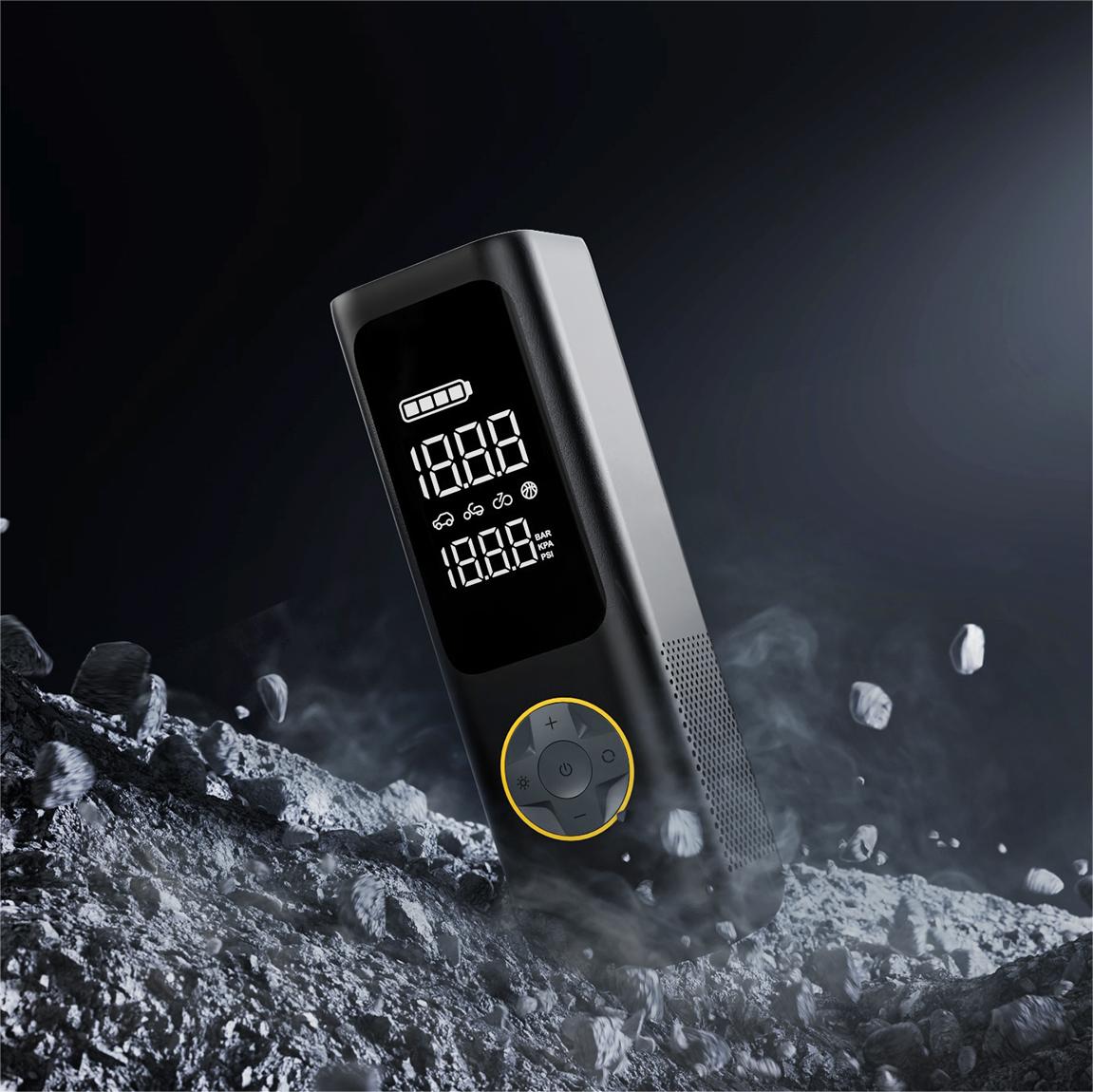
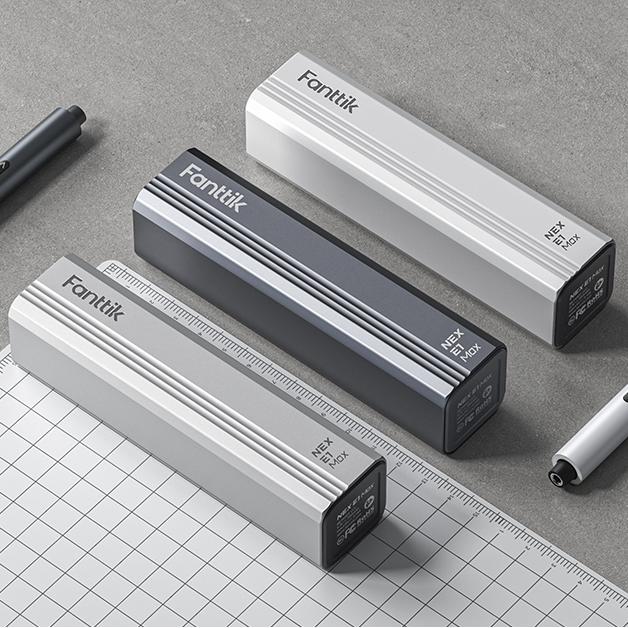
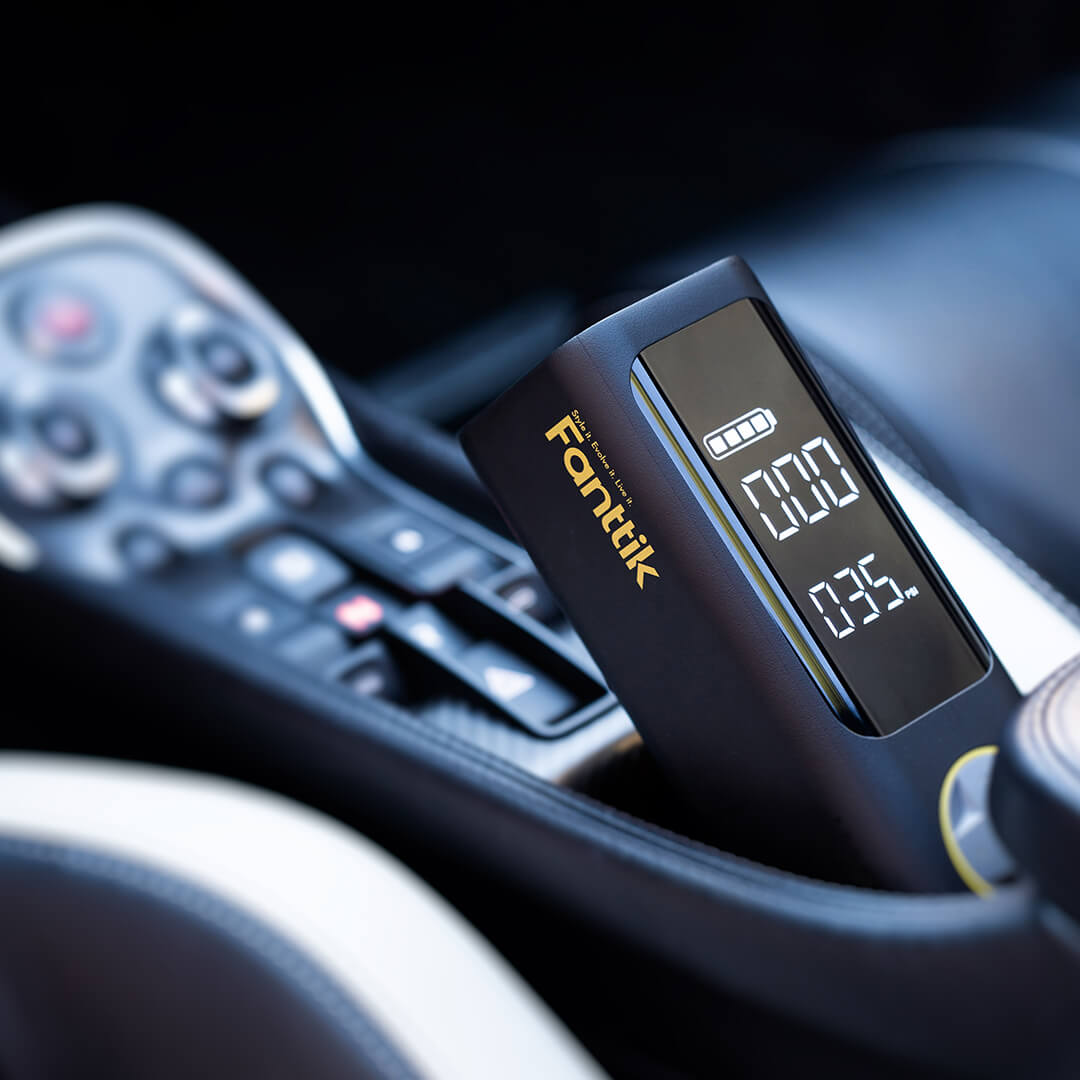
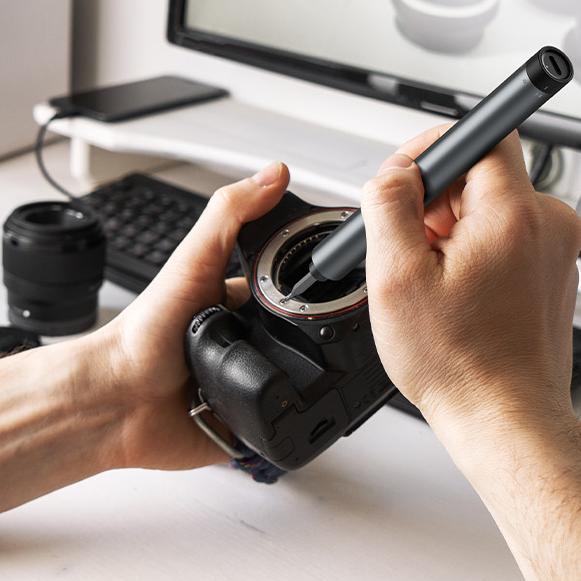
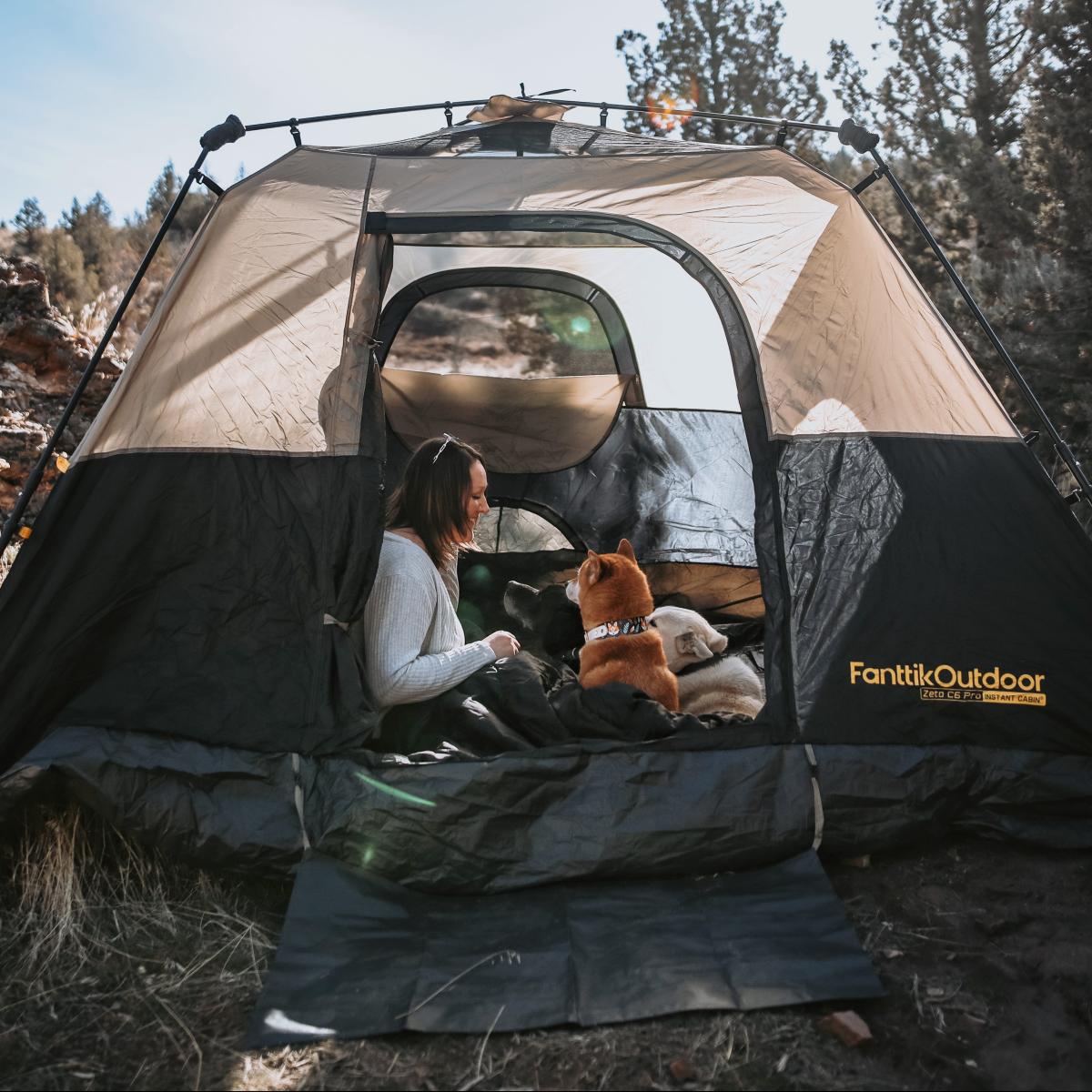
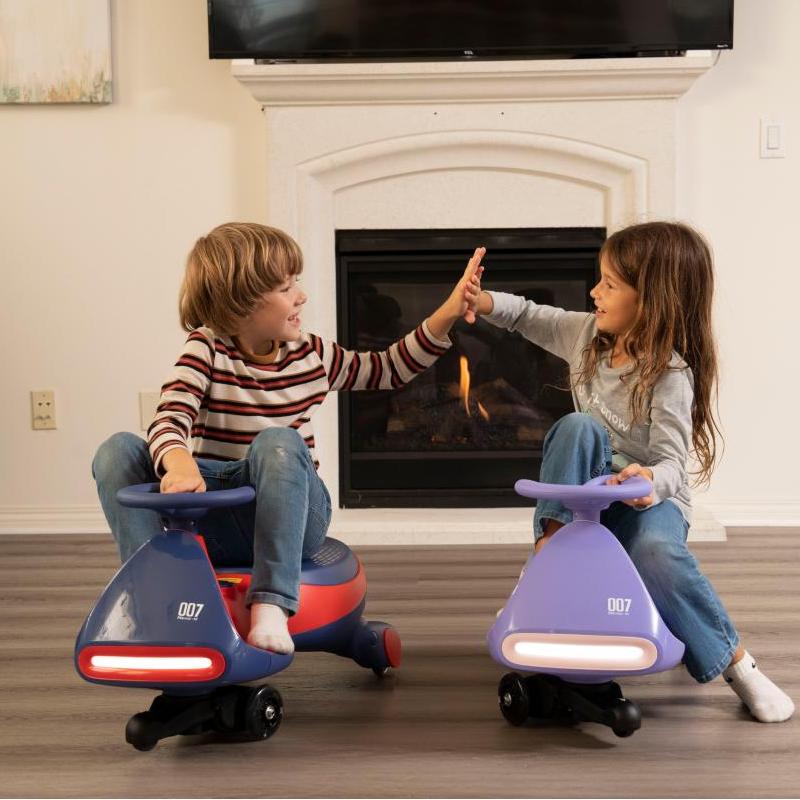
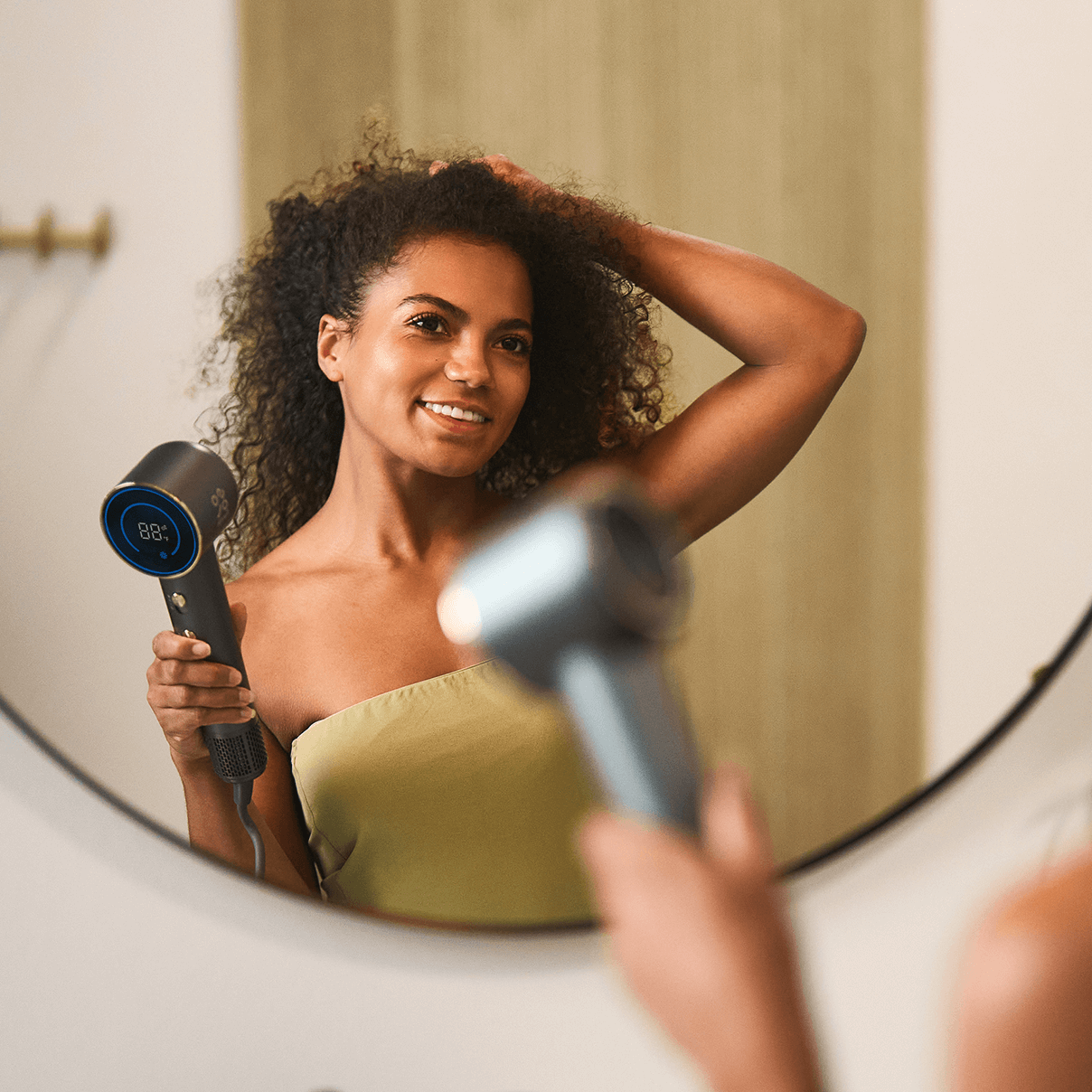


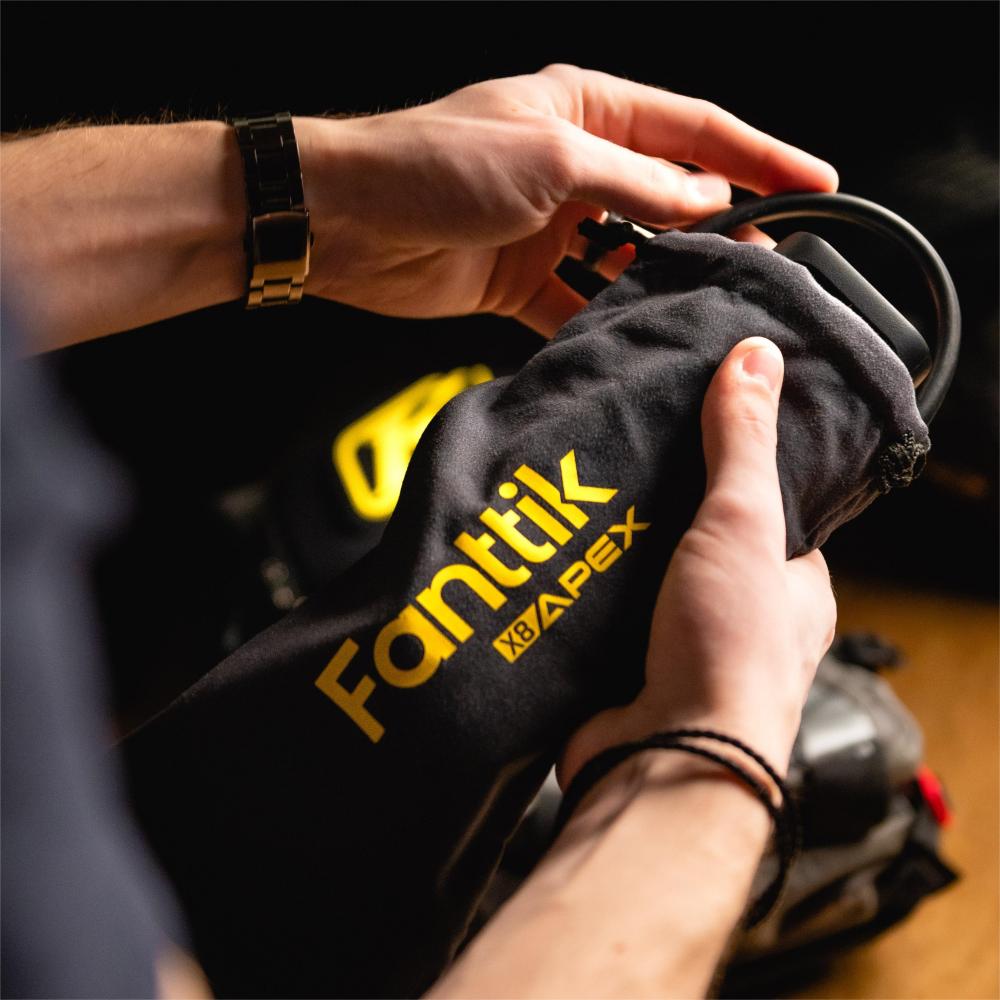
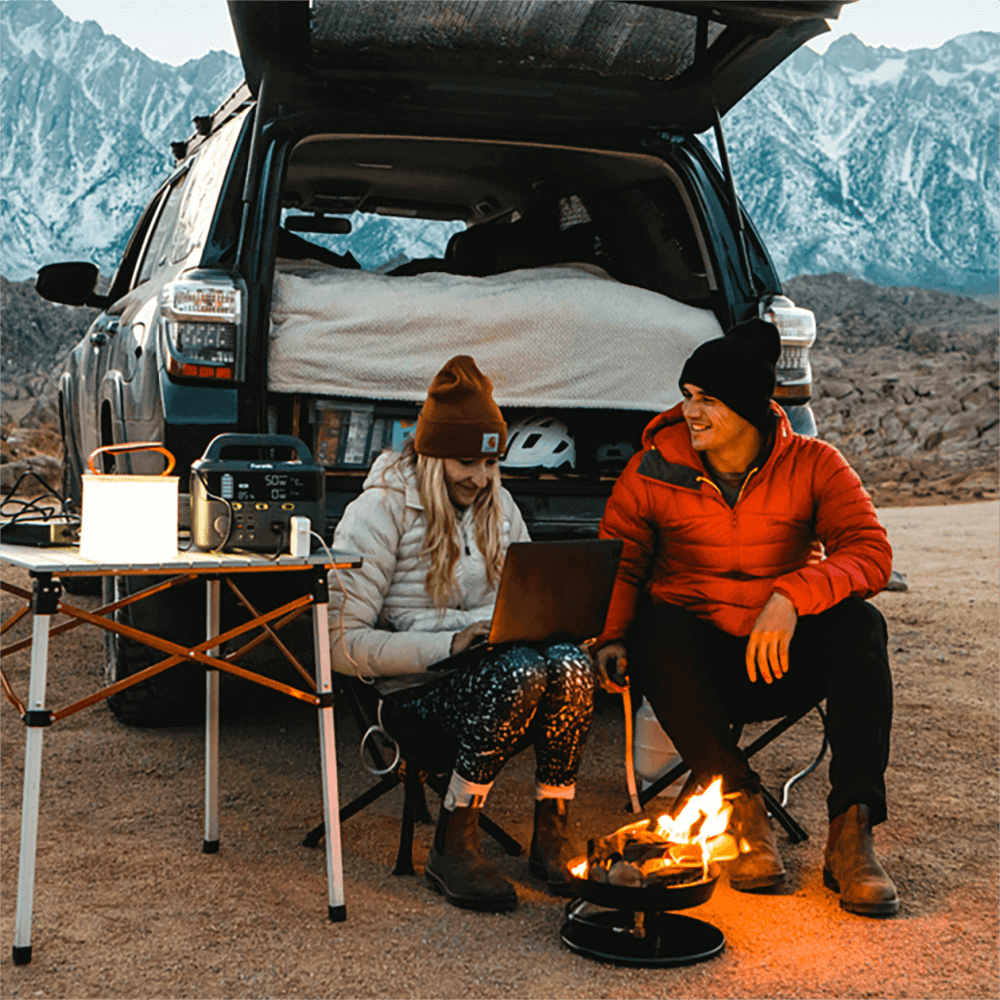
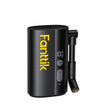
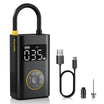
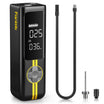
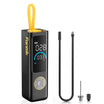
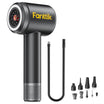
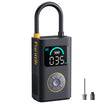
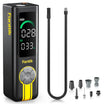
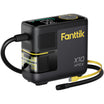
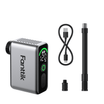
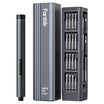
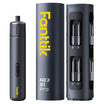
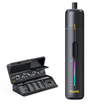
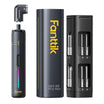
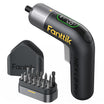
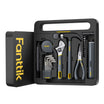
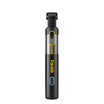
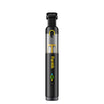
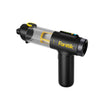
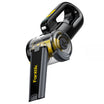
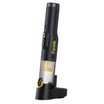
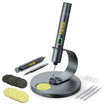
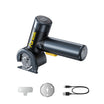
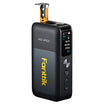
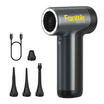

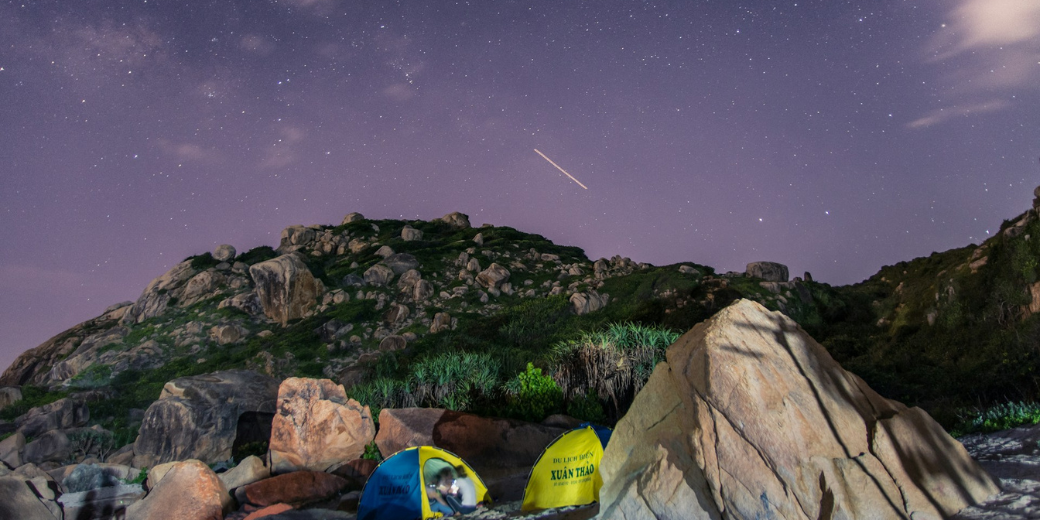
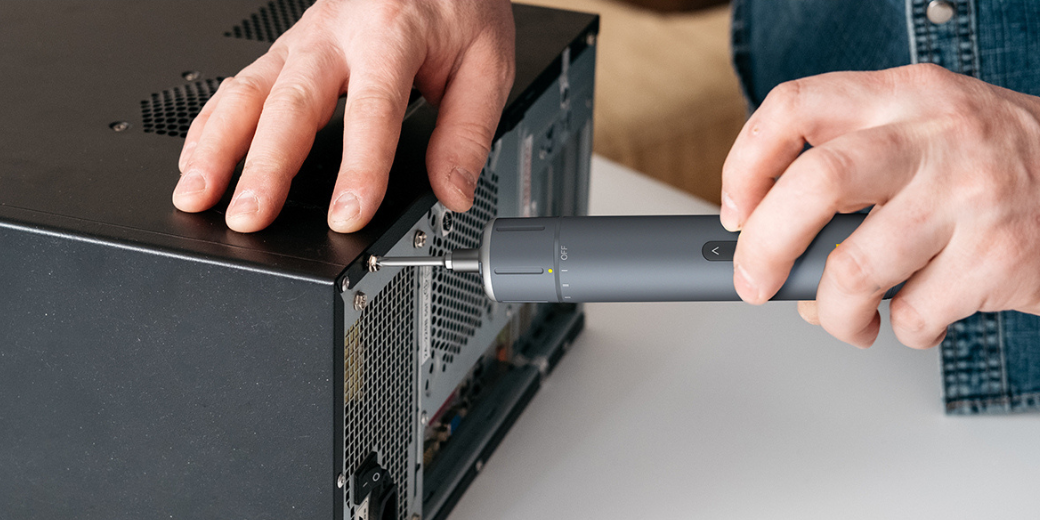
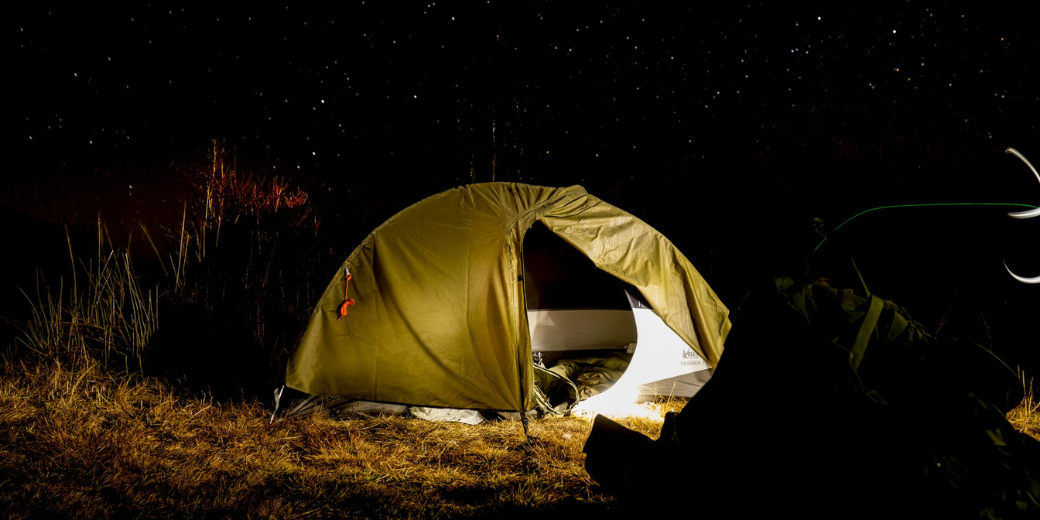
Leave a comment
All comments are moderated before being published.
This site is protected by hCaptcha and the hCaptcha Privacy Policy and Terms of Service apply.